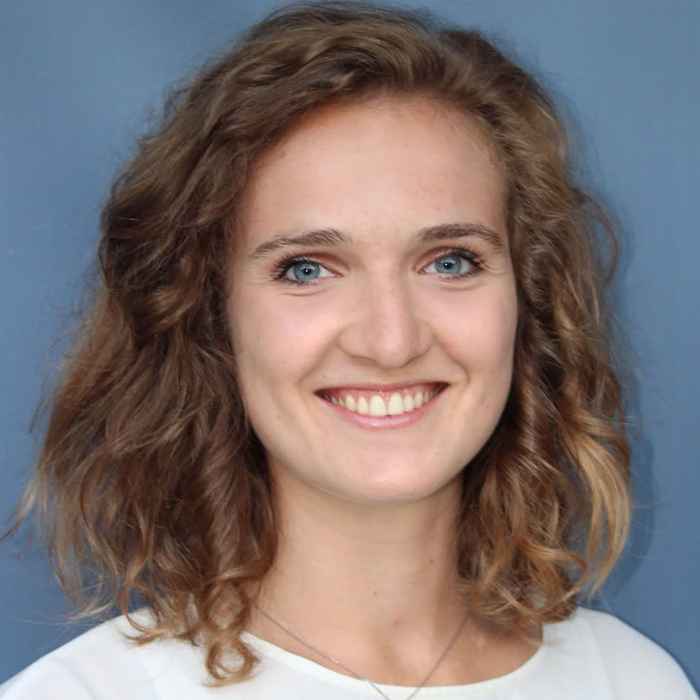Floor Nelissen (BSc in Neuroscience)
Track Behavioural Neuroscience (2017 - present)

So, besides the first week during which all students attend the same lectures and events to get to know each other, the programme is almost entirely yours to fill in. For example, while writing this, I am in my final week of my life in Amsterdam, as I am about to move to San Diego for my second research project. Here I will investigate the activity of the amygdala during different motivational states in rodents at the Salk Institute. When I started my master, I could not have imagined that it would offer me this great opportunity to work on an amazing project on the other side of the world!
As a student from the Behavioural Neuroscience track, I attended the track specific courses, in which I immediately bonded with my fellow ‘Behaviouralists’: since we were a small track in our year (only ten people), we instantly became close friends. During the second period, I attended courses among which ‘Philosophy of brain and cognition’ and ‘STiCS’ (the mandatory interdisciplinary course on Tuesday evenings). This period is the best reflection of what I love about this master program: the interdisciplinarity.
I chose this research master because I wanted to know more than cellular biology; I wanted to learn about the brain and mind in more ways than one (proteins, cells, networks, philosophies…) and I wanted to learn how to combine knowledge from such divergent fields. I expected to meet many interesting scientists, both Dutch and international, with similar interests (neuroscience and cognition), but from different fields. I was looking forward to an ambitious, enthusiastic environment in which I could learn a lot by talking and discussing interesting topics with my peers.
This expectation was definitely met: Working together with students from a variety of backgrounds has opened my eyes for so many different points of view and made me critical towards my own assumptions. Besides, it has taught me to recognize and overcome the challenges of interdisciplinary teamwork. These interesting discussions led to surprising results during group projects and increased my knowledge in so many different ways!